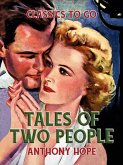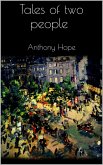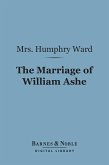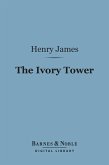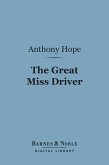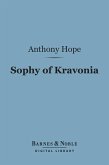The first tale in this book contains all necessary elements of a novel: Hope describes the first meeting of two people, and imagines their entire future together. The male character is a traveling Englishman, constantly searching for something more, and the woman is a widowed Marquesa. The other tales are variations on interactions between a man and woman.
Dieser Download kann aus rechtlichen Gründen nur mit Rechnungsadresse in A, D ausgeliefert werden.



